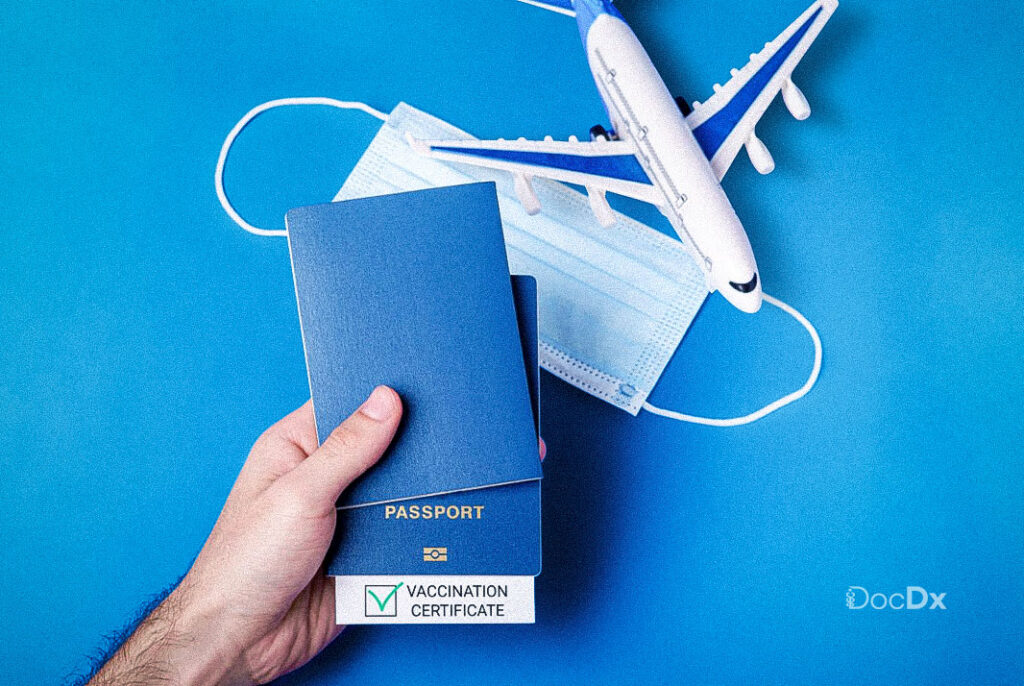When planning an international trip, many travelers are faced with the question: Are travel vaccines covered by insurance? Understanding the coverage for travel vaccinations can save you both time and money, ensuring a healthier and safer journey. In this guide, we’ll dive deep into everything you need to know about travel vaccine coverage, where to get them, and how to make the process as smooth as possible.
Why You Need Travel Vaccines
Traveling abroad exposes you to various diseases that might not be present in your home country. Vaccines like Hepatitis A, Typhoid, and Yellow Fever are essential to protect yourself from infections that can easily disrupt your travel plans. Before heading to a new destination, it’s crucial to check which vaccines are recommended to safeguard your health.
Types of Travel Vaccines
Travel vaccines are categorized into routine, recommended, and required vaccinations:
- Routine Vaccines: These include standard immunizations like measles, mumps, rubella, and tetanus. They ensure you’re protected against common diseases.
- Travel-Specific Vaccines: These vaccines, such as Japanese Encephalitis and Rabies, are specific to certain regions and recommended based on your travel itinerary.
Knowing which vaccines are necessary can help you avoid unnecessary health risks, especially in regions with high disease prevalence.
Are Travel Vaccines Covered by Insurance?
The short answer is: It depends on your insurance plan. Generally, standard health insurance plans may not cover travel-specific vaccines, viewing them as elective or non-essential. However, some comprehensive plans might include coverage, especially if the vaccine is considered necessary for your health.
Health Insurance vs. Travel Insurance
It’s important to distinguish between health insurance and travel insurance. While health insurance may cover some routine vaccinations, it’s less likely to include those needed for travel. On the other hand, travel insurance might offer reimbursement for vaccinations, particularly if they are required for entry into a destination.
Factors Affecting Coverage
Insurance coverage for travel vaccines varies widely. Key factors that influence coverage include:
- The Specific Insurance Plan: Some plans offer partial coverage or reimbursements, especially if the vaccines are administered by in-network providers.
- Provider Networks: Insurance companies may only cover travel vaccines if they are administered by a travel vaccine clinic within their network.
How to Check If Your Insurance Covers Travel Vaccines
Before scheduling your vaccination appointment, follow these steps:
- Review Your Policy: Check your insurance policy documents for details on immunization coverage.
- Contact Your Insurance Provider: Ask specifically about coverage for travel-related vaccines.
- Visit an In-Network Clinic: Using a provider within your insurance network can reduce out-of-pocket costs.
If you’re looking for where to get travel vaccines, start with your primary care physician, who can refer you to specialized clinics.
What to Do If Travel Vaccines Are Not Covered
Not all insurance plans cover travel vaccines, but there are alternatives:
- Travel Vaccine Clinics: These clinics specialize in vaccinations for overseas travel and may offer more affordable pricing.
- Community Health Centers: These centers often provide travel vaccines at a reduced cost.
Exploring cost-effective options can make a significant difference, especially if you’re traveling on a budget.
The Role of Travel Insurance in Covering Vaccines
If your health insurance doesn’t cover travel vaccines, consider adding a travel insurance policy that does. Be sure to read the fine print to understand what’s covered, including emergency medical care and vaccinations.
Where to Get Travel Vaccines
Finding a reliable travel vaccine clinic is crucial. These clinics provide expert advice and vaccinations tailored to your destination. They can also offer a broader range of vaccines compared to general healthcare providers.
Tips for Saving on Travel Vaccines
Here are some cost-saving tips:
- Employer Benefits: Some employers offer wellness benefits that include travel vaccinations.
- Seasonal Promotions: Look for clinics that provide discounts during peak travel seasons.
How to Prepare for Your Travel Vaccine Appointment
To make the most of your visit:
- Bring Your Vaccine Records: This helps healthcare providers determine what you need.
- Schedule Early: Aim to get vaccinated at least 4-6 weeks before travel.
Common Myths About Travel Vaccines and Insurance
There are many misconceptions about travel vaccines, such as the belief that all are covered by insurance or that they’re only necessary for tropical destinations. It’s essential to get accurate information to make informed decisions.
The Risks of Skipping Travel Vaccines
Skipping recommended vaccines can lead to severe health issues, from malaria to hepatitis. Prioritizing vaccinations ensures your trip isn’t cut short by illness.
Expert Advice on Travel Vaccinations
Healthcare professionals recommend consulting with a travel vaccine clinic before making travel plans. This ensures you get personalized advice based on your destination, activities, and health status.
Conclusion
Travel vaccines are a small but crucial part of your travel preparations. While insurance coverage varies, knowing your options can help you plan better and save money. Make sure to protect yourself and your loved ones by staying informed about the best practices for travel health.



